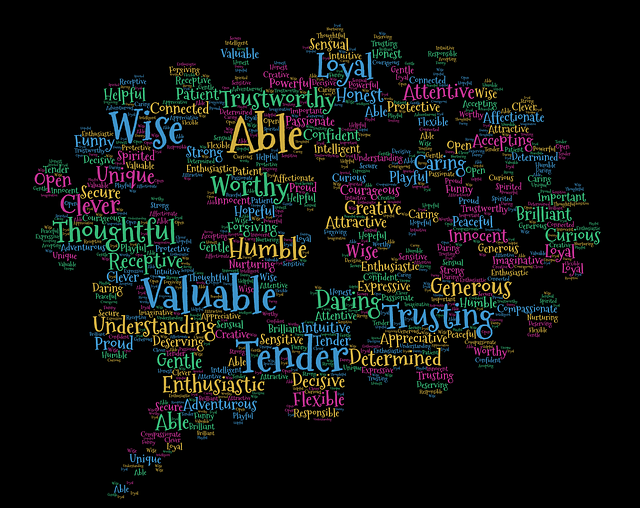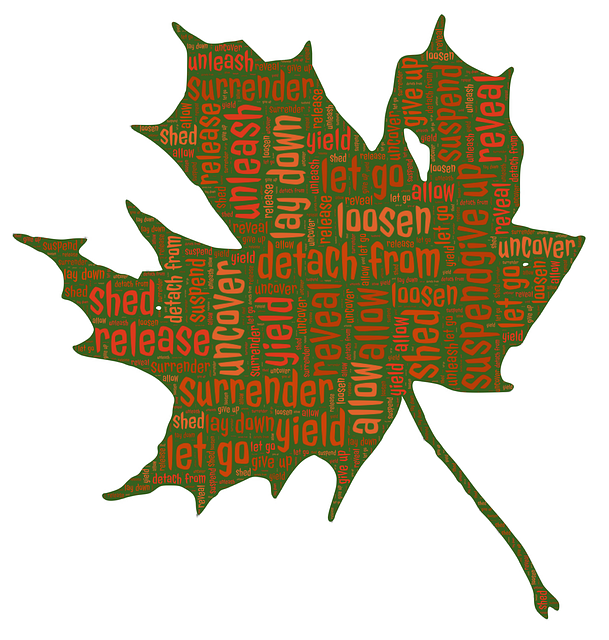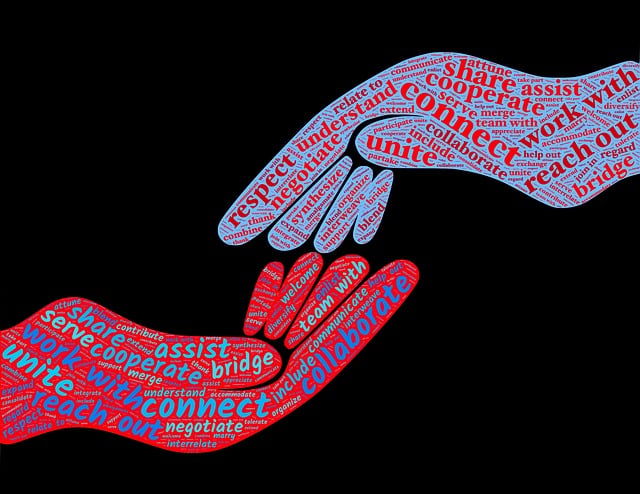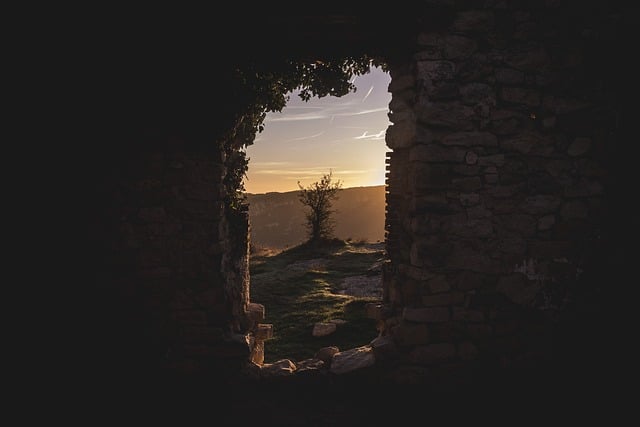The Health Story Collaborative sponsors a monthly, online Creative Meetup for people anywhere in the world who are experiencing chronic illness or disability. The Meetup via Zoom is facilitated and is designed to enable participants to spend time writing while in a supportive community and, in the process, “to access and release our emotions, personal stories, and creative spirits”. The Health Story Collaborative was created by Dr. Annie Brewster, author of The Healing Power of Storytelling: Using Personal Narrative to Navigate Illness, Trauma and Loss.
During our Creative Meetup session in September, Jennifer Harris (our facilitator) guided us in reflecting on Autumn and the significance of the season in terms of harvesting and shedding. By way of stimulus, Jennifer quoted Mary Oliver’s Fall Song and the words of F. Scott Fitzgerald, “Life starts all over again when it gets crisp in the fall”. This led to a session for our creative writing around the themes of “harvesting” and “shedding”.
Autumnal reflections
The four seasons of the year are often used to represent times of transition. Vivaldi’s Four Seasons – “four violin concerti giving musical expression to a season of the year” – epitomises the seasonal transitions we can observe in temperature, the migration of birds, changes in landscapes and in human behaviour. Autumn is associated with harvesting, the gathering of food and growing fur by animals to prepare for the impending winter and significant temperature/weather changes. Many cultures celebrate the arrival of autumn with rites and rituals, especially the Autumnal Equinox (when day and night are equal in length) occurring at the start of Fall (Autumn).
Autumnal rites and rituals often signify change and harvesting. In Japan, the National Autumnal Equinox holiday is a time dedicated to paying respect to “deceased parents, grandparents, and other family members”. In India, Autumn is a time of cleansing. There are various rituals involving shedding to reflect the falling of leaves and regeneration during this season.
Reflections on harvesting
Harvesting is a time of reaping what you have sown. Our reflections focused on the metaphorical meaning of harvesting in terms of abundance or achievements realised throughout the year. We were asked to reflect on blessings we experienced, tending/nurturing received, projects accomplished, and personal growth. Associated with these reflections was encouragement to express gratitude for what we had harvested in our personal life.
I noted the following in terms of my “harvest” during the 2024 year:
- Joined the Creative Meetup group of the Health Story Collaborative and participated in the monthly sessions
- Integrated the themes and discussion of the Meetups into my blog posts
- Wrote poems that reflected the themes of the Meetups and related blog posts – giving creative expression to my feelings
- Conceived and structured a book on management – for co-authoring with my colleague (co-facilitator of 80 longitudinal manager development programs, conducted over 16 years)
- Organised a publisher for our book and signed a contract for assisted self-publishing
- Completed the first draft of 20 chapters of our book on management
- Wrote the following posts exploring ways to express gratitude and sharing my gratitude for what I have experienced and am experiencing:
In our discussion of harvesting we acknowledged that it was okay to “harvest less”, given that all participants in the Meetups are people suffering from chronic illness or disability who often experience setbacks in their recovery.
Reflections on Shedding
During autumn we can observe the trees and plants shedding their leaves and fertilising the soil with the decaying material – death generates new life.
There are many things that we can shed if they are holding us back from realising our potential – e.g. identity, old beliefs or expectations. During the Creative Meetup I became aware of the unrealistic expectations I was placing on myself in terms of output for my co-authored book on management. The expectations were not coming from my co-author who is currently consumed by her caring role for an ill relative. The expectations are my own – setting a timeline and trying to determine a daily output.
What I realised is that my personal output expectations needed to be shed in the light of the continuous disruption I am experiencing in relation to health-related issues and medical testing. I have been losing momentum in my writing because of the continuous need to undertake important health-related tasks. I have to accept that this is my current situation and shed my expectations about high levels of output in my writing. I have already changed my expectations of the frequency with which I produce a blog post. However, to date, I have failed to adjust my expectations concerning writing my co-authored book.
My participation in the Creative Meetup with the focus on the autumnal shedding theme, highlighted the need for me to shed my current expectations about output for our book in order to create the freedom and space for other important things such as maintaining good health and my connections with family and friends.
Reflection – a poem
The seasons can help us to grow in mindfulness by enhancing our observation of what is changing around us and cultivating gratitude for what we have experienced and achieved. Autumn promotes reflection on what we have harvested and what we need to shed. I wrote the following poem to reflect the process of shedding:
Autumnal Shedding
Autumn leaves falling softly
Silently seeking the soil.
Shaken from their anchor
Shrivelled, shrunken, distorted shapes.
Shedding, signalling rebirth
Death begets new life.
New growth, new possibilities
Transcending the past.
___________________________________________
Image by Sven Lachmann from Pixabay
By Ron Passfield – Copyright (Creative Commons license, Attribution–Non Commercial–No Derivatives)
Disclosure: If you purchase a product through this site, I may earn a commission which will help to pay for the site, the associated Meetup group and the resources to support the blog.









